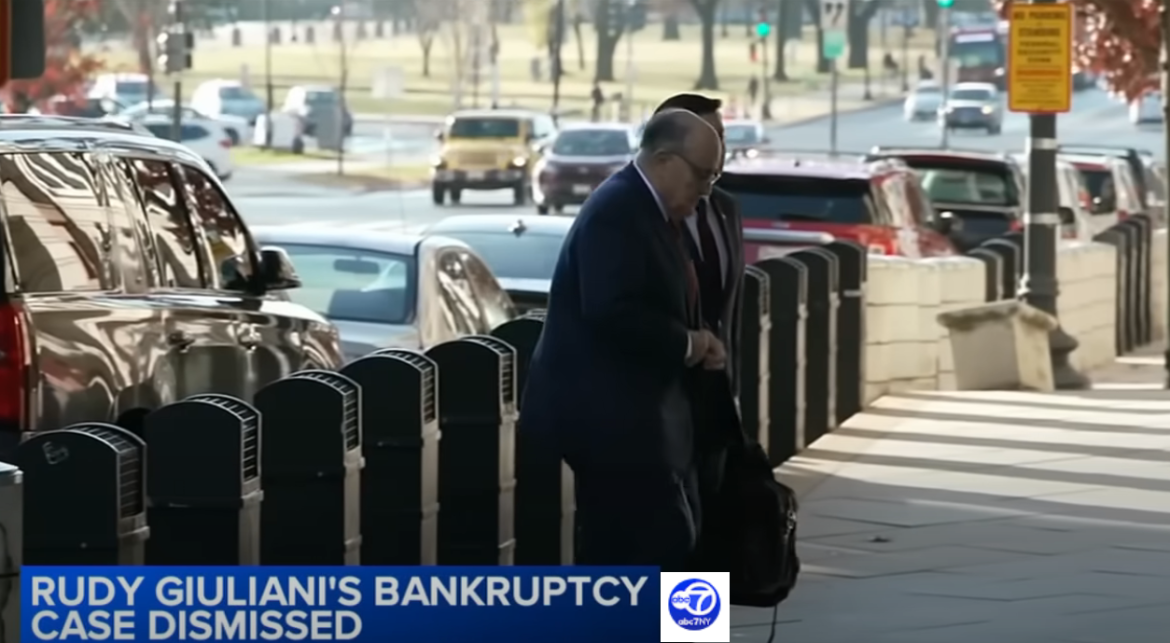A judge has dismissed Rudy Giuliani’s bankruptcy case, citing the former New York City mayor’s evasive behavior regarding his assets. The ruling allows creditors, including two defamed Georgia election workers, to pursue the collection of debts owed by Giuliani.
In a scathing decision, the judge highlighted Giuliani’s lack of transparency and failure to fully disclose his financial situation. The court found that Giuliani had not provided a complete and honest account of his assets, which is a crucial requirement in bankruptcy proceedings. The judge’s dismissal effectively ends Giuliani’s attempt to seek bankruptcy protection and leaves him vulnerable to legal actions from creditors.
The ruling is particularly significant for two Georgia election workers who were defamed by Giuliani during the aftermath of the 2020 presidential election. The workers, who have since won defamation cases against Giuliani, are now in a position to collect the damages awarded to them. The dismissal of the bankruptcy case removes a major obstacle in their pursuit of justice and compensation.
Giuliani’s financial troubles have been mounting in recent years, exacerbated by legal battles and mounting debts. The former mayor, once a prominent figure in American politics, has faced a series of legal challenges related to his role in challenging the 2020 election results and other controversies.
Legal experts note that the dismissal of Giuliani’s bankruptcy case serves as a reminder of the stringent requirements of bankruptcy law, which demands full disclosure and cooperation from those seeking its protection. The case also underscores the broader implications for high-profile individuals attempting to use bankruptcy as a shield against legal and financial liabilities.
As Giuliani navigates the fallout from this ruling, his creditors, including the defamed Georgia election workers, are expected to aggressively pursue the assets owed to them. The court’s decision marks a significant setback for Giuliani and a pivotal moment for those seeking accountability and restitution.



